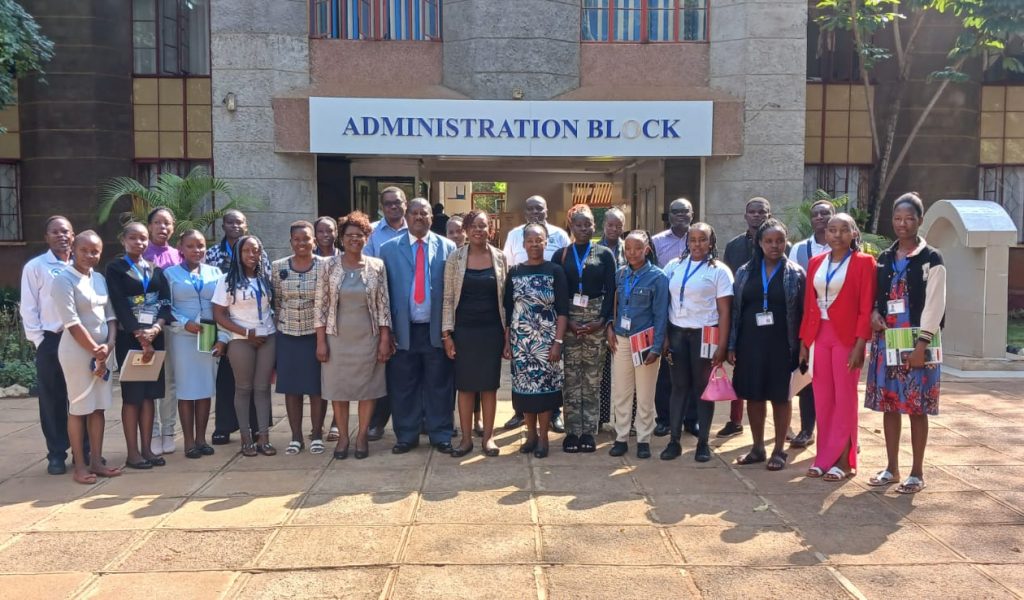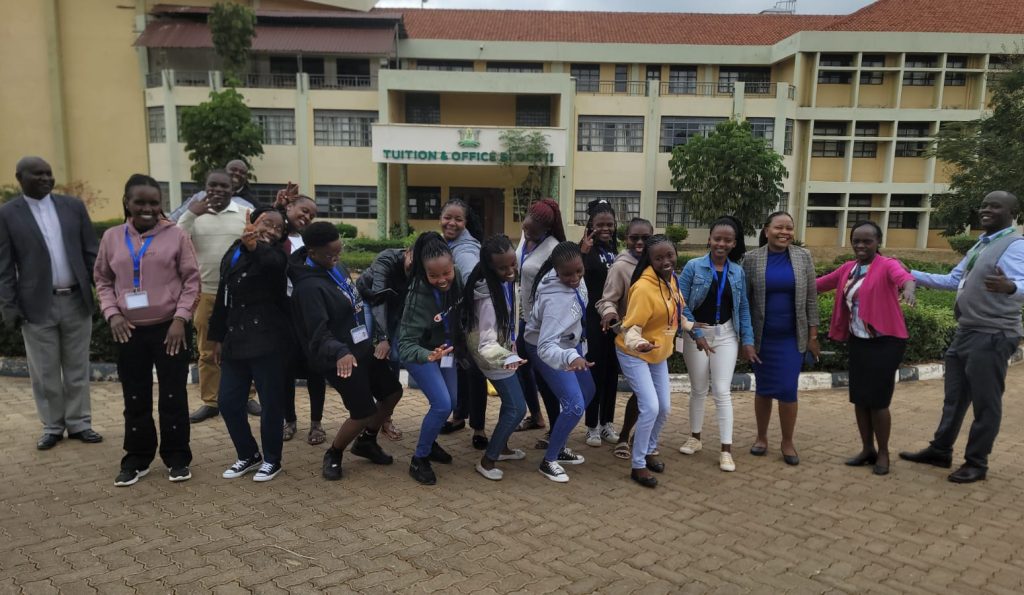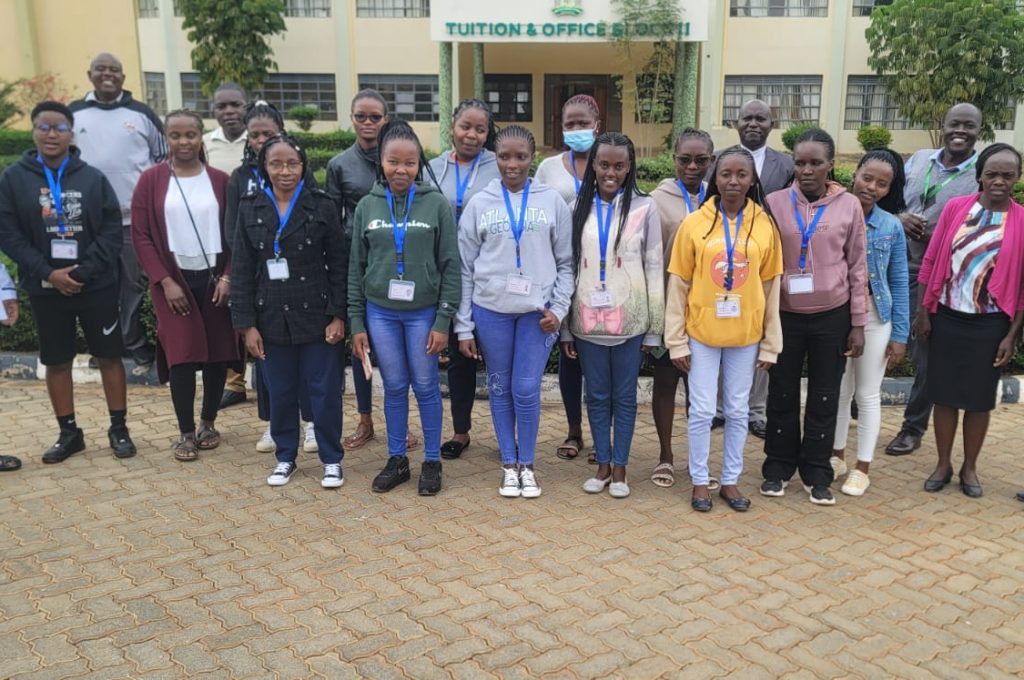“I want to make my mother proud,” said 25-year-old Christine Charo, enthusiastic as she reflected on her journey. Hailing from Ganza village in Kilifi County, Christine is the lastborn in a family of four and has faced significant challenges in her pursuit of education. “My mother struggled a lot to pay my school fees. I still have a fee balance at Kenya Coast National Polytechnic,” she shared. Despite the hurdles, Christine remains optimistic about her future.
With a keen interest in technology, Christine applied for a training program, not expecting to be accepted. “I was happy to know that I’ll learn new skills free of charge and later get a paid internship,” she expressed. This opportunity comes as part of a broader initiative led by the University of Nairobi and the University of California, San Francisco (UCSF), in partnership with six other universities in Kenya. The program aims to empower young women in machine learning, artificial intelligence, and data science, focusing on addressing public health challenges..
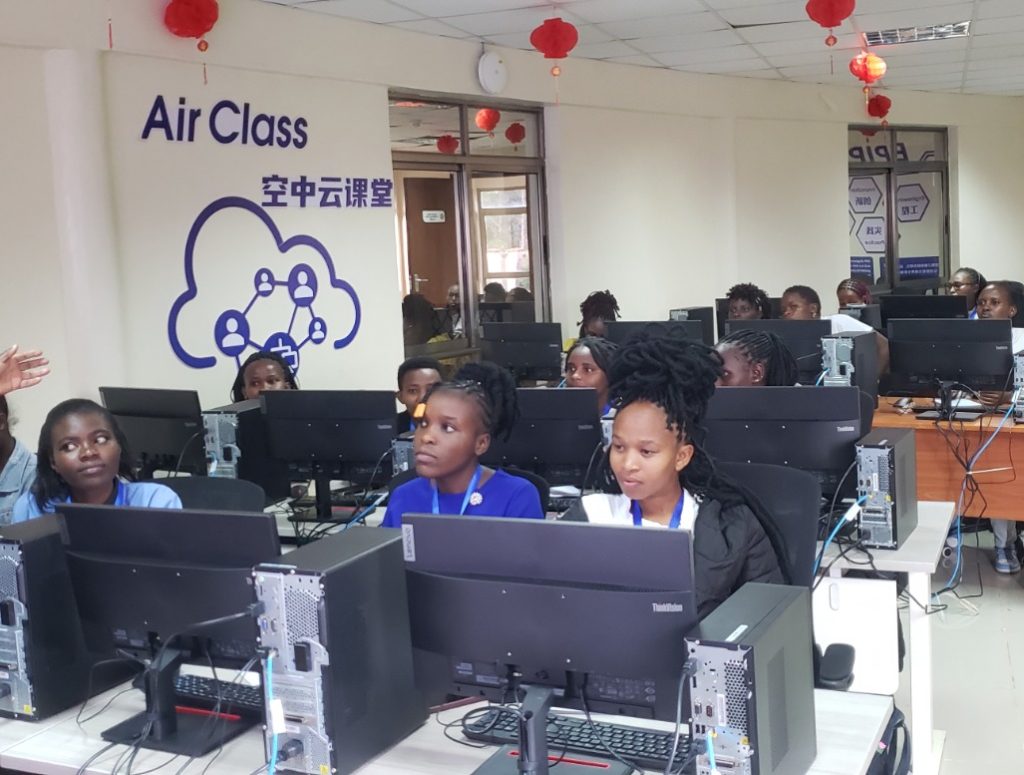
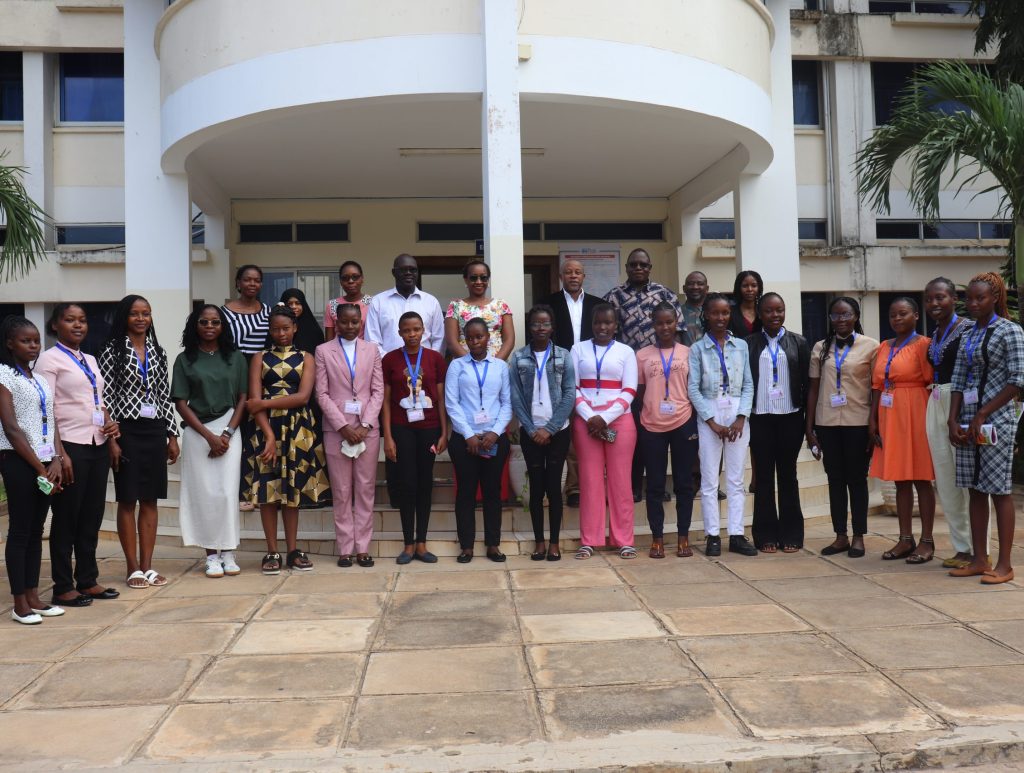
Professor Julius Oyugi, Principal Investigator of the ENGAGE project, emphasized the importance of this initiative during its launch. “The five-year, USD 5.5 million project aims to train and equip more than 800 young women from underprivileged backgrounds,” he stated. With funding from Takeda Pharmaceuticals, the program seeks to bridge the gender gap in tech and health data analytics.Partner universities include Pwani, South Eastern Kenya, Kabarak, Dedan Kimathi, Meru, and Jaramogi Oginga. Each institution will train 15 students, equipping them with the skills to utilize data science and machine learning to improve health within their communities. “At the end of the twenty-day training program, they’ll be expected to be innovation leaders,” added Prof. Oyugi.The first cohort’s training will conclude on August 31st, followed by paid internships.
“They can apply the knowledge not only to public health but also to various aspects of their lives,” he noted.Currently, women represent only 22% of machine learning professionals globally, with even fewer in Kenya. “Most tools used in data science are developed by men and may produce biased results. By including women, we allow a new perspective in the data analysis,” explained Dr. Koki Muli Kinagwi, Country Director for Global Programs for Research and Training.

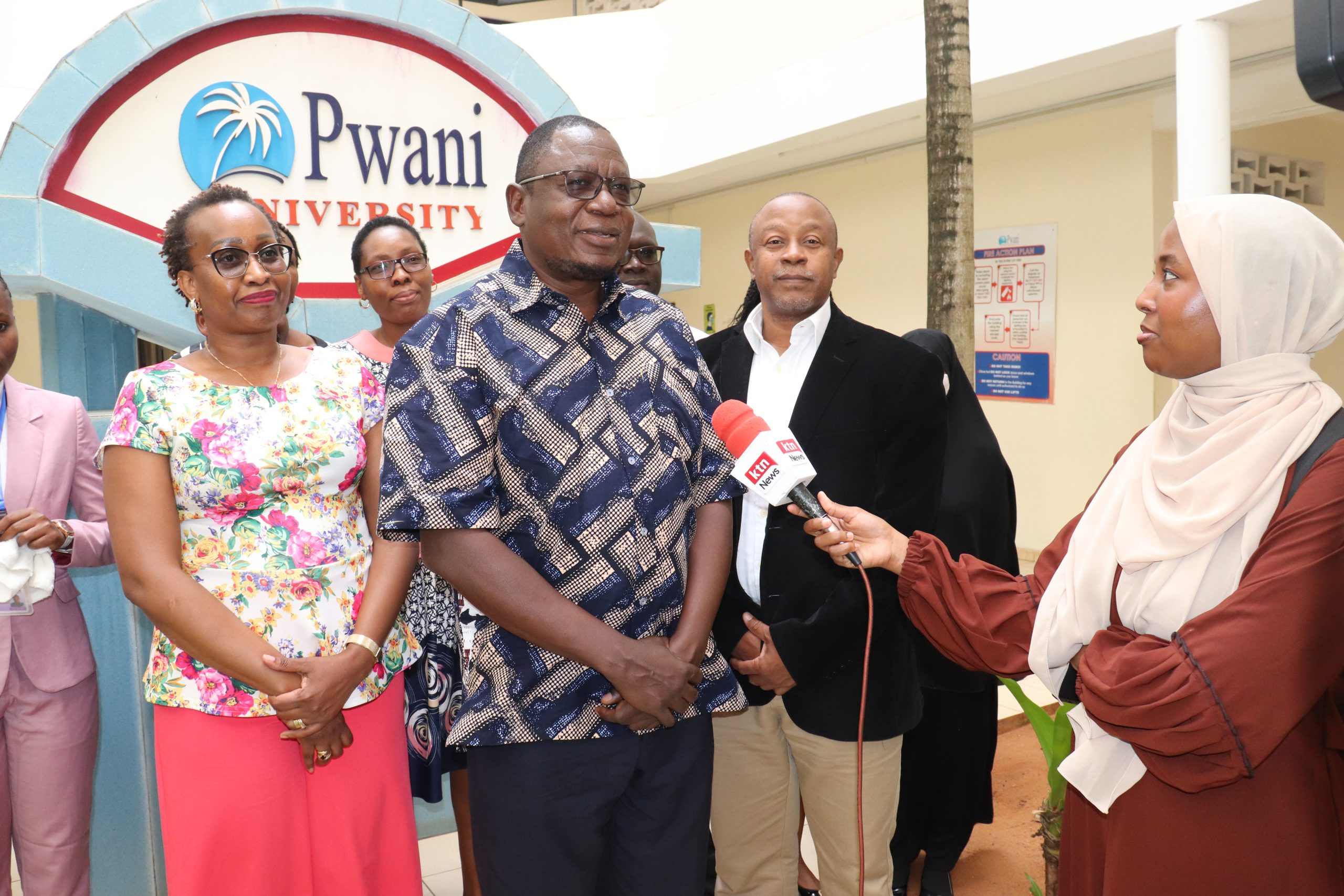
For many young women like Christine, opportunities to attain skills free of charge are rare, highlighting the need for more initiatives like ENGAGE. “For young girls back home, please be encouraged, be determined, don’t lose hope, and firmly believe in yourself,” she advises, embodying the spirit of resilience and hope that this program aims to foster.
